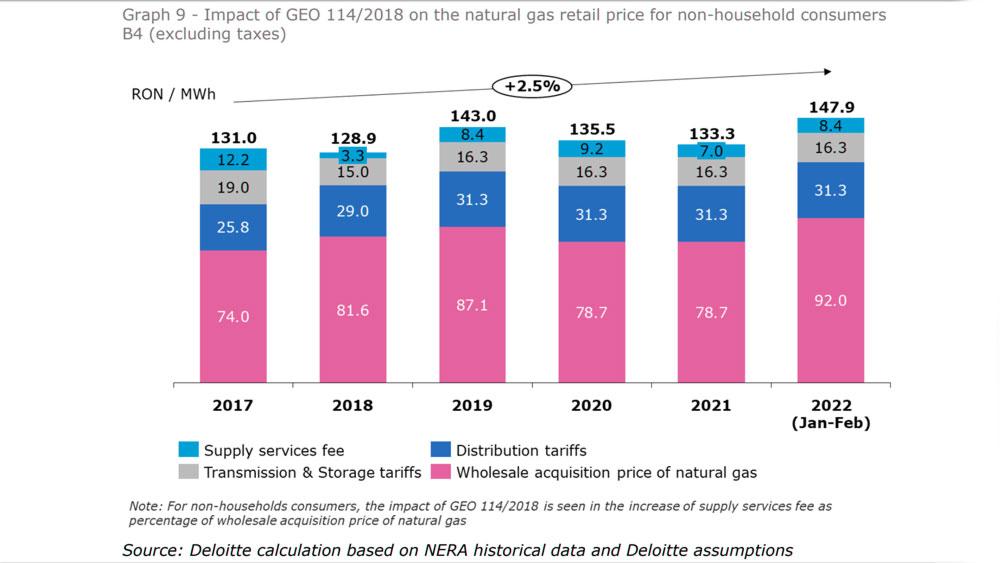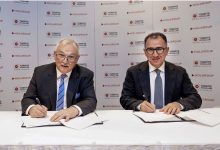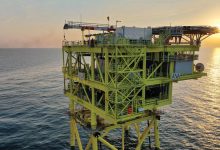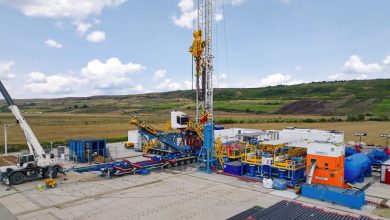GEO 114/2018 negative effects on the natural gas market
Deloitte Romania analysis
The Romanian Petroleum Exploration and Production Companies Association (ROPEPCA) brought to public opinion the results of a study analysing the impact of Government Emergency Ordinance no. 114/2018 (GEO 114/2018) on the natural gas sector in Romania.
The study, made by Deloitte Romania, reveals that GEO 114/2018 will have negative effects on the whole economy. These negative effects include the decrease in contributions to the state budget, the disturbance of competition on the natural gas market, the failure protect domestic consumers, as well as the risk of launching certain investigations on a potential state aid for industrial consumer.
“Not long ago, ROPEPCA drew the public’s attention to the effects that our members foresee as a result of GEO 114/2018. The Deloitte study analyses the impact of the normative act on the basis of available public data, and confirms the negative consequences for the Romanian economy and for consumers. We want this instrument to contribute to correct public information on the effects of this Ordinance and hope to facilitate the understanding of the need to revise the measures imposed on the natural gas market through GEO 114/2018,” Saniya Melnicenco, President of ROPEPCA, affirms.
The study has confirmed the estimation on the direct negative impact on the state budget of more than 2.2 bn. RON every year, which ROPEPCA has pointed out in its last press release on this topic.
According to ROPEPCA, in the same time, the competitive gas market in Romania will eventually cease to exist between April 2019 and March 2022. The obligation to sell natural gas at a regulated price will make competition in gas production decrease, as small independent producers will not be able to finance their operations at a capped price.
The Ordinance will affect mostly the small and medium-sized producers in the gas sector, ROPEPCA’s representatives warn. As a result, their investment in exploration and exploitation will fall by 30-50 percent.
The Deloitte study also shows that although domestic consumers’ interest was announced to be at the heart of these regulatory measures, their multiple impact on the final price, through the introduction of the 2% turnover tax charged on tariffs, or through the recovery of past suppliers’ losses to consumers, can result in a higher retail price, contrary to the purpose of GEO 114/2018.
In order to protect the interest of consumers, Deloitte experts confirm, Romania should carefully evaluate the appropriate implementation of the vulnerable consumer concept, provide financial support directly to those who need it, and avoid subsidizing households that exceed the average income at regional/national level.
Moreover, Romanian industrial consumers will benefit from domestic gas prices arbitrarily set at a capped value far below market prices, which will lead to allegations by the European Community regarding the receipt of state aid.
The Deloitte analysis was based on data from public sources and on Deloitte’s resources and expertise. With regard to domestic production data, Deloitte has used the National Commission for Strategy and Prognosis data, which indicates an increase in domestic production in the coming years. Therefore, the analysis shows a more optimistic scenario than the market operators expect. According to an internal analysis of ROPEPCA, due to the reduction of investment projects following GEO 114/2018, as well as to stopping the production from marginal deposits that will not be profitable by applying the new regulated price, domestic production will decrease.
Currently, in Romania there are over 400 oil fields and more than 13,000 active wells, which, through the efforts made by the companies in the sector, ensure more than 90% of Romania’s natural gas consumption.
ROPEPCA’s representatives underlined once again: “To maintain a constant level of oil and gas production it requires significant investment and a stable fiscal framework, predictable and friendly.”
Ever since its incorporation in 2012, ROPEPCA aims to promote the onshore O&G industry, supporting the development, the diversifying and the competitiveness in the industry. The Association gathers 15 of the most active companies in the onshore industry: ADX Energy, Amromco, Expert Petroleum, Fora Oil & Gas, Hunt Oil, Mazarine Energy, NIS Petrol, Oilfield Exploration Business Solutions, OMV Petrom, Panfora Oil and Gas (MOL Group), Sand Hill, Stratum Energy, Serinus Energy, Vermilion Energy, Zeta Petroleum.
Currently ROPEPCA’s members hold a vast majority of the onshore concession blocks in Romania, which for the period 2014-2017 represented a cumulative investment of more than 16.6 billion RON, a tax contribution of 22 billion lei to the state budget and created and maintained 14,000 jobs.







